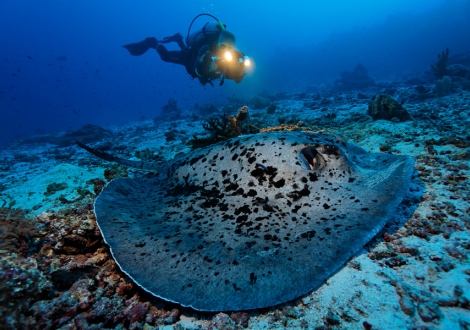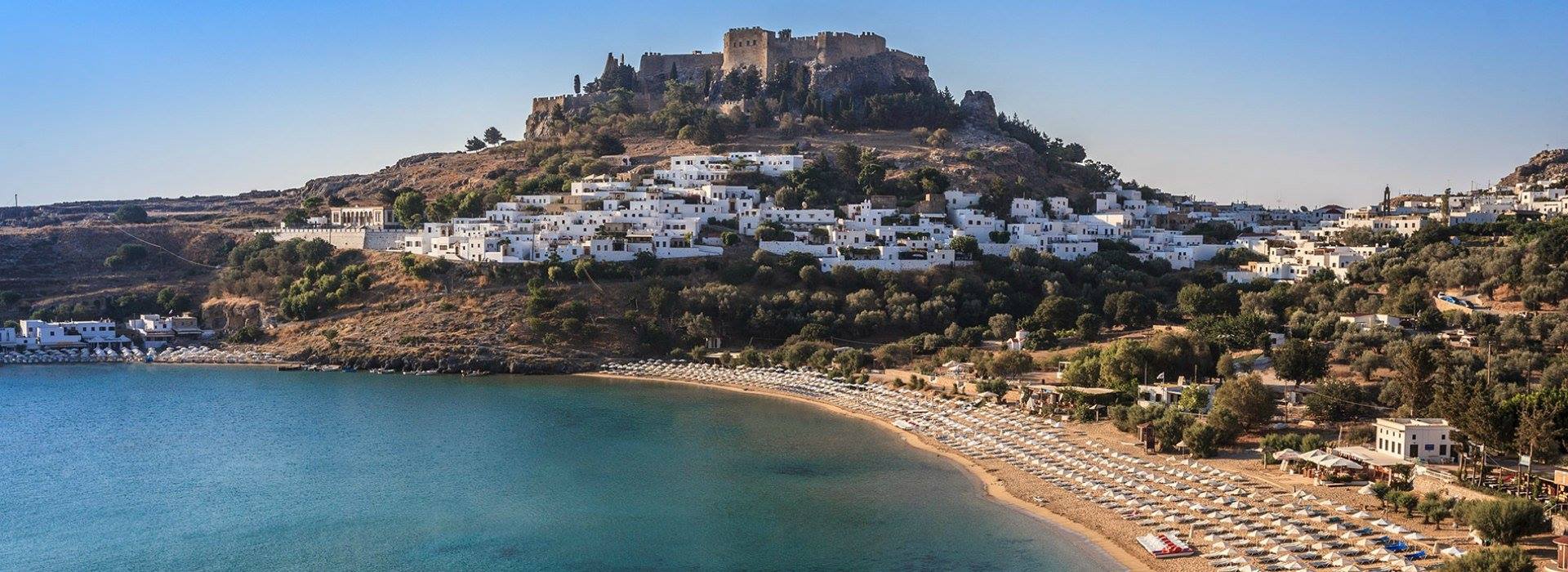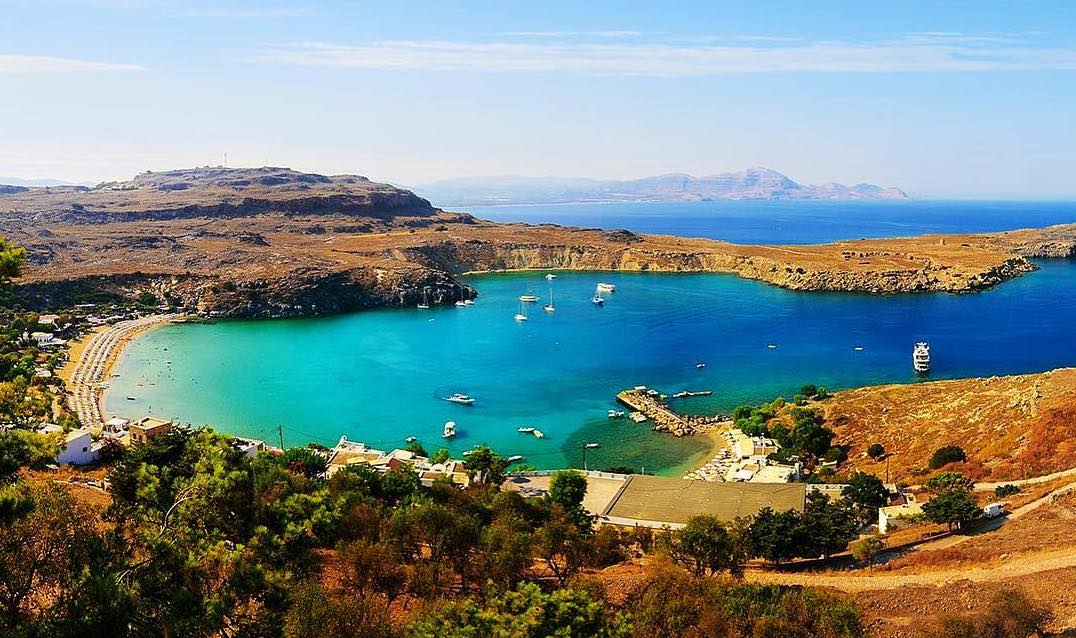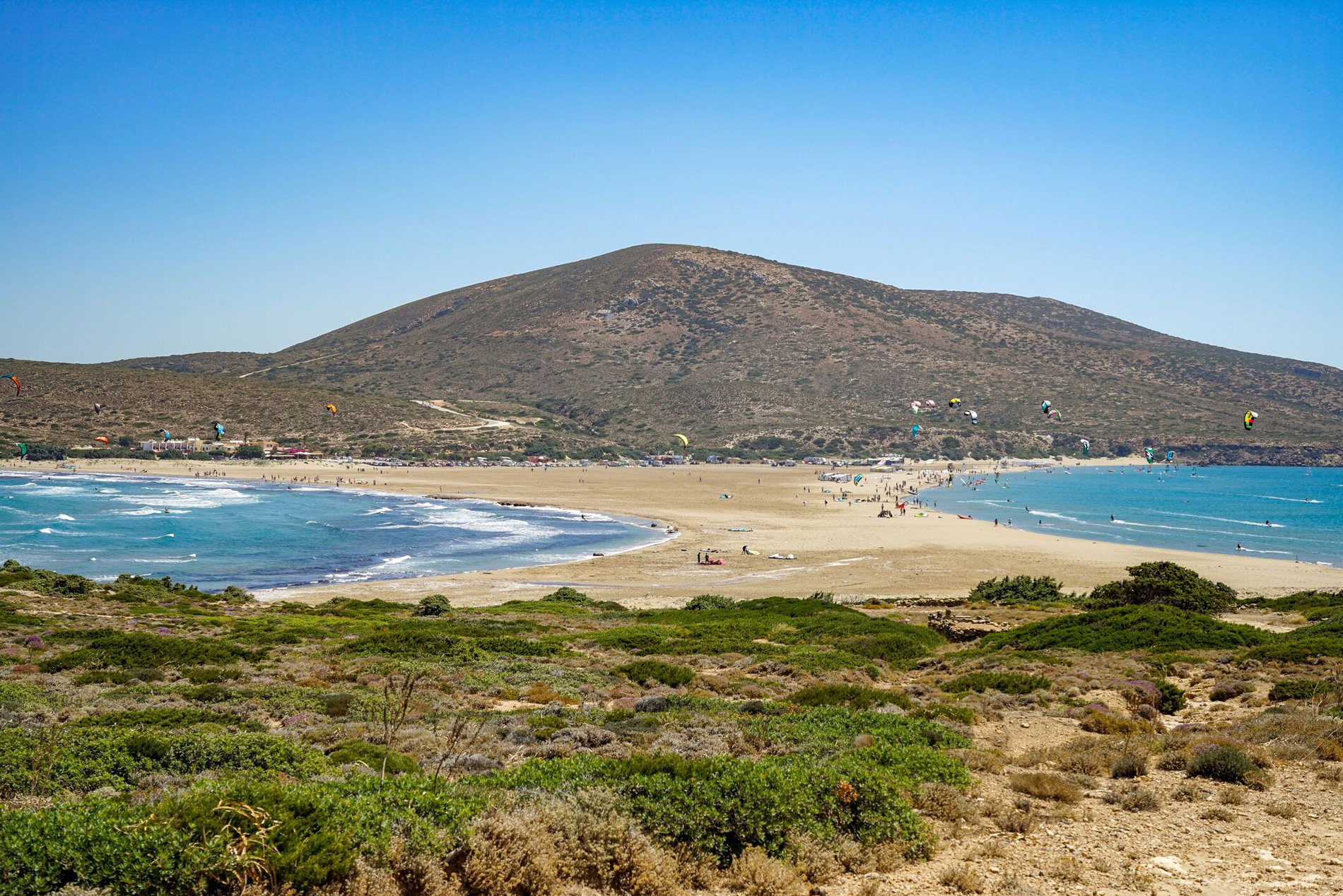Please wait
Why you'll love diving in Greece!
Greece can be divided into a number of main climatic regions. The Attica Peninsula, the Cyclades, the Dodecanese, Crete, and the central and eastern Peloponnese have a more typically Mediterranean climate with hot, dry summers and milder winters. In July and August, the mercury can soar to 40°C (over 100°F) in the shade just about anywhere in the country. July and August are also the months of the meltemi, a strong northerly wind that sweeps the eastern coast of mainland Greece (including Athens) and the Aegean Islands, especially the Cyclades. Spring and autumn are the best times to visit Greece; specifically May, June, September and October.
UK / EU passport holders: A full 10 year passport valid until at least 6 months after date of return. No visa required. Other passport holders: Please check with Greek Consulate (020 7221 6467).
No jabs are required to travel to Greece, but a yellow-fever vaccination certificate is required if you are coming from an infected area. The World Health Organization (WHO) recommends that all travellers should be covered for diphtheria, tetanus, measles, mumps, rubella and polio.
Top hotels in greece




 Nassau
Nassau


















.png)
.png)






